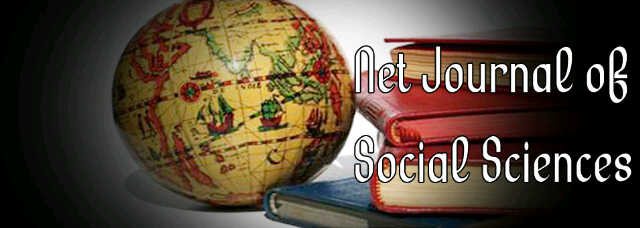The role of social norms and behavior on household food waste
Rocel Apolonio and Rutcher LacazaNet Journal of Social Sciences
Published: July 21 2022
Volume 10, Issue 3
Pages 48-56
Abstract
Studies have shown how food loss and waste occur in the various stages of the food supply chain. Among these stages, household food waste in the consumption stage has been identified as a key contributor to food waste generation. Several dimensions such as food preparation and handling; consumer behavior, environmental awareness and concern; social norms and many other variables were posited by scholars as predictors of food waste generation. There is no consensus albeit as to what among the aforementioned dimensions influences food waste at the household level and the role of consumer values and social norms has not been thoroughly explored. This research was conducted to focus on the gaps, utilized a semi-structured interview for three hundred three (303) household respondents, and adopted Partial Least Square-Structural Equation Modelling (PLS-SEM) for data measure and analysis. The findings of this research reveal that food habits such as food conservation and acceptance of expiration date-based prices and suboptimal food determine the extent of food waste generation. Materialism is found to have a direct impact on food waste behavior while an environmental concern, on the other hand, supports waste prevention and recycling behavior. Moreover, environmental concern was positively linked to descriptive and injunctive norms. To explain, households who hold strong environmental norms manifest environmental concerns such as opposing waste and wasting less.
Keywords: Food waste behavior, food waste generation, household food waste, social norms.
Full Text PDF
